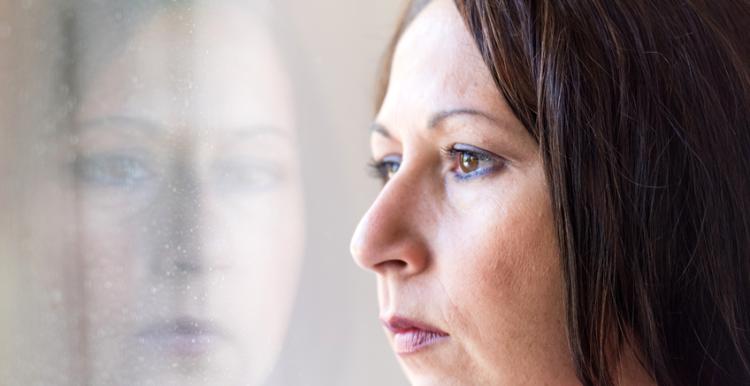Have you had an experience like Jane?

Last night, our Interim Chair appeared on Undercover: Life & Death In A Homeless Hostel and spoke about the issues some people in vulnerable situations can experience with supported living environments that are not currently regulated. This is not the first time people have raised concerns about non-regulated care.
What is non-regulated care?
Non-regulated care refers to social care services that are not monitored, inspected or regulated by the Care Quality Commission (CQC). If services do not provide personal care such as helping people wash and dress themselves, they do not need to be registered by the CQC. The local authority does not have direct oversight unless there is a safeguarding issue. Examples of services that are not regulated include supported living environments, day care centres and some care and support provided in people’s own homes.
These services are mostly used by people with mental health issues, severe learning disabilities and the elderly. This means they are often more vulnerable and are unable to speak up if things go wrong. We also know that the care provided by these services can stray into providing higher levels of support, particularly as people’s needs increase over time. This raises the risk of care that should be regulated being provided as part of an unregulated service.
From our conversations with the CQC and a number of local authorities, we know that they share our concerns in this area, particularly as use of these sorts of services is likely to grow over time with people taking more responsibility for choosing their own care support through initiatives like direct payments.
Jane's experience
We shared people's concerns about the lack of quality checks and regulation of certain social care services including supported living environments, day care centres and care and support providing in people's own homes with the Department of Health.
An example of experience that was shared with us was about Jane, whose son has schizophrenia and was living in squalid conditions, despite having an agency employed to support him to live independently and maintain his home.
Jane tried to raise this issue with the CQC but found out that no action could be taken as neither her son’s residence nor the agency that provides his home support were subject to regulatory inspection or supervision.
Jane's story is just one of the examples shared with local Healthwatch about how some of the most vulnerable people in society are being left to live in appalling environments and receiving poor care.


